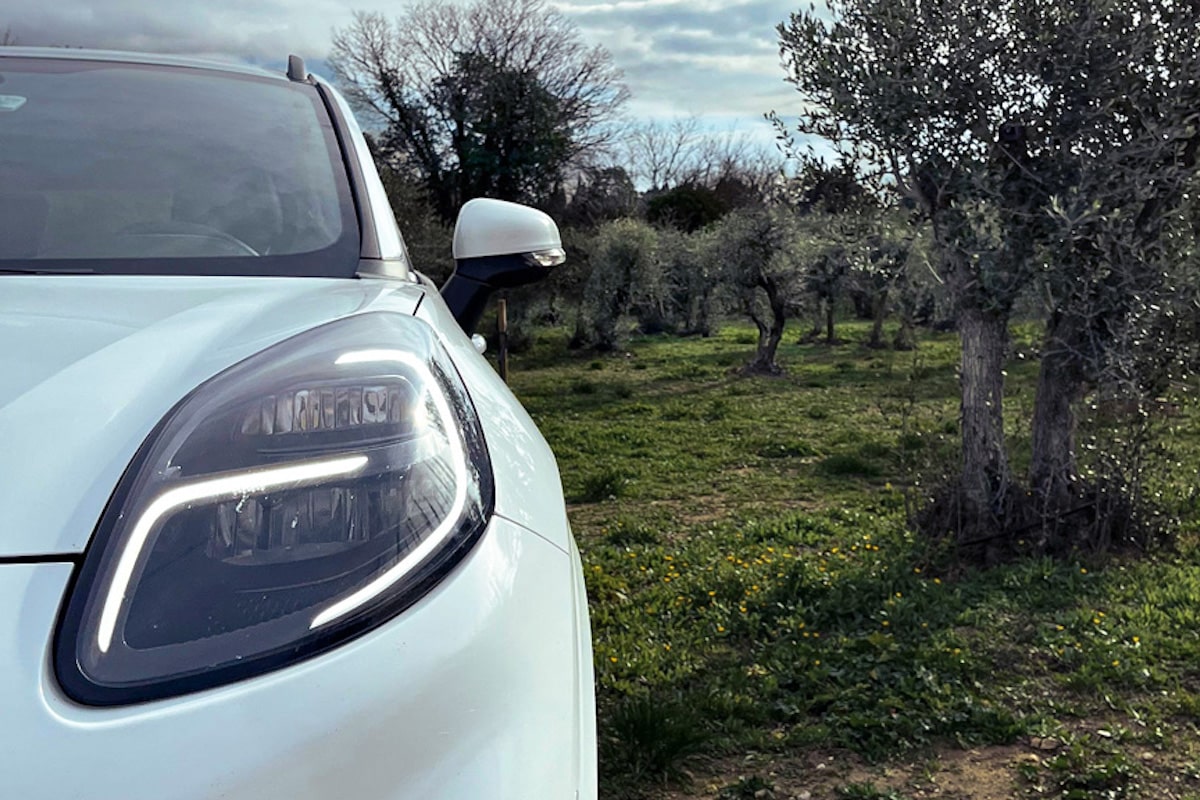Olive Waste Used to Build Fords!

Ford has successfully produced durable automotive parts made from biocomposites, composed of 40% olive fibers.
Olive trees have long been appreciated for their flavorful fruits, used worldwide for snacks, oil, and tapenades. But now, Ford has reconsidered the use of branches, twigs, and leaves rejected during harvest to create more sustainable automotive parts.
As part of the COMPOlive project, Ford launched an innovative initiative aimed at reducing the environmental impact of automobile manufacturing by using olive waste to create sustainable parts. Olive waste, such as branches, twigs, and leaves discarded during harvest, is collected from olive groves in Andalusia, Spain, the region that produces the most olive oil in the world.
These wastes are then transformed into biocomposites, consisting of 40% olive fibers and 60% recycled polypropylene plastic. Ford engineers have succeeded in producing sturdy and durable automotive parts using this innovative method.

This initiative offers many benefits, including:
- Reducing the amount of plastic used in these parts
- Utilizing waste that does not require additional land or water for cultivation,
- Contributing to cleaner air by avoiding combustion as a waste disposal method.
The COMPOlive project, which took place from 2020 to 2023, had to adapt to travel restrictions imposed by the global pandemic. Despite these challenges, Ford engineers managed to develop sustainable biocomposites and evaluate the process for large-scale use, potentially contributing to the next generation of electric vehicles.
The increased use of plant waste to create resistant automotive parts opens new pathways for environmental preservation and innovation in the automotive industry.
This page is translated from the original post "Des déchets d’oliviers pour construire des Ford !" in French.
We also suggestthese articles:
Also read





